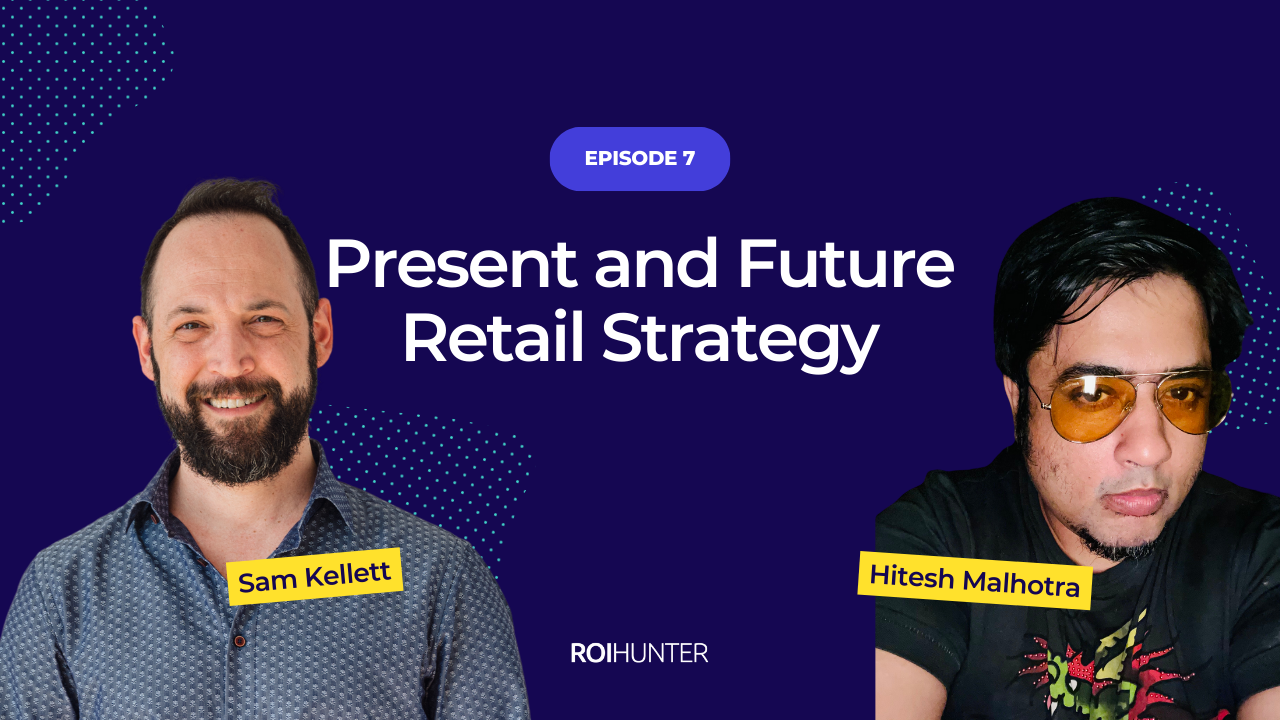What is a Facebook Pixel?
A pixel is a small piece of JavaScript code that you copy and paste into your webpage, helping you build Custom Audiences. Facebook Pixel allows you to re-target Facebook ads to audiences of people who have visited your website and remarket to users who have expressed interest in your products.
What is new?
During the beta phase, Facebook has observed over 10% increase in attributed conversions and 20% increase in reach of re-targeting campaigns.
The new Facebook Pixel makes your dreams come true, sort of. It combines the capabilities of the Conversion Pixel and the Custom Audience Pixel into one new – you guessed it – Pixel.
Facebook Pixel is clearly a yes-man, judging by this table
| Custom Audience Pixel | Conversion Tracking Pixel | Facebook Pixel | |
|---|---|---|---|
| Audience re-targeting | |||
| Lookalike audience | |||
| Conversion tracking | |||
| Conversion optimization | |||
| Dynamic Product Ads | |||
| Custom Conversions |
Advanced matching magic
Facebook Pixel will enable you to send your customer data to match more website actions with Facebook user profiles.
It will improve your campaigns with:
- Cross-browser conversions: the new Pixel will capture conversions on different browsers even when users are not logged into Facebook
- Better optimization: additional conversions will help optimize ad delivery to users that are likely to convert
- Higher reach: advertisers can extend the reach of their website custom audiences or dynamic ads campaigns by matching more website events to Facebook users.
You can use customer identifiers including email, phone number, first and last names as parameters for the Facebook Pixel, allowing Facebook to match pixel events in real-time with Facebook users, and no longer requiring users to stay logged into Facebook for conversions to be attributed.
Facebook Pixel shares the data with browsers before matching pixel events to Facebook users and deleting all matches within 48 hours after the matching process ends. Facebook makes sure no personally identifiable information will be saved or used later.
![]()
To enable this feature, modify the default Facebook pixel code to pass data to the new Facebook Pixel.
Or start your free trial today to have our client partners help you and your Pixel out.



